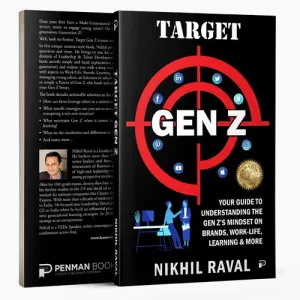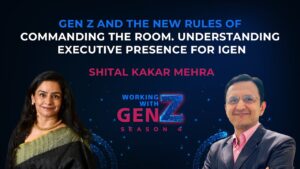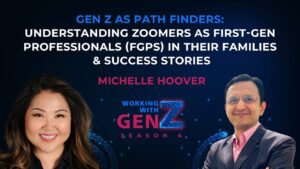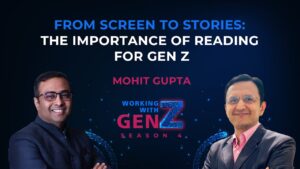Description
The worldview of Gen Z has been shaped by the influences of pre-modern, modern, and post-modern eras, each contributing distinct layers to their perspectives. The pre-modern era, characterized by traditional values, religious faith, and community-centric life, instilled in Gen Z a respect for heritage, storytelling, and cultural continuity. These values are subtly present in their appreciation for authenticity, sustainability, and a return to localism.
The modern era, driven by industrialization, scientific rationality, and a focus on progress, introduced Gen Z to the ideals of individualism, technological advancement, and the pursuit of knowledge. This era’s emphasis on personal achievement and the power of reason is evident in Gen Z’s pragmatic approach to education, career aspirations, and social issues.
The post-modern era, however, has had the most profound impact on Gen Z’s worldview. Marked by skepticism towards grand narratives, a blending of cultures, and the rise of digital technology, this era has cultivated in Gen Z a strong sense of pluralism, relativism, and a preference for decentralized authority.
They navigate a world where truth is often seen as subjective, and identities are fluid. This has led to a generation that values diversity, inclusivity, and the freedom to craft their own narratives. In a post-modern world, Gen Z is both critical of established systems and innovative in creating new paradigms, blending past and present influences to shape a future that reflects their unique experiences and aspirations.
Find out in this episode as Generational Consultant Neerja Singh explains how understanding the three worlds can reduce conflicts amidst generations. What are the limitation and benefits of these three worlds. How can Gen Z balance benefits of tradition, reason and relativism. What are the ways to bridge the generational divide and how do we balance compassion and accountability?




